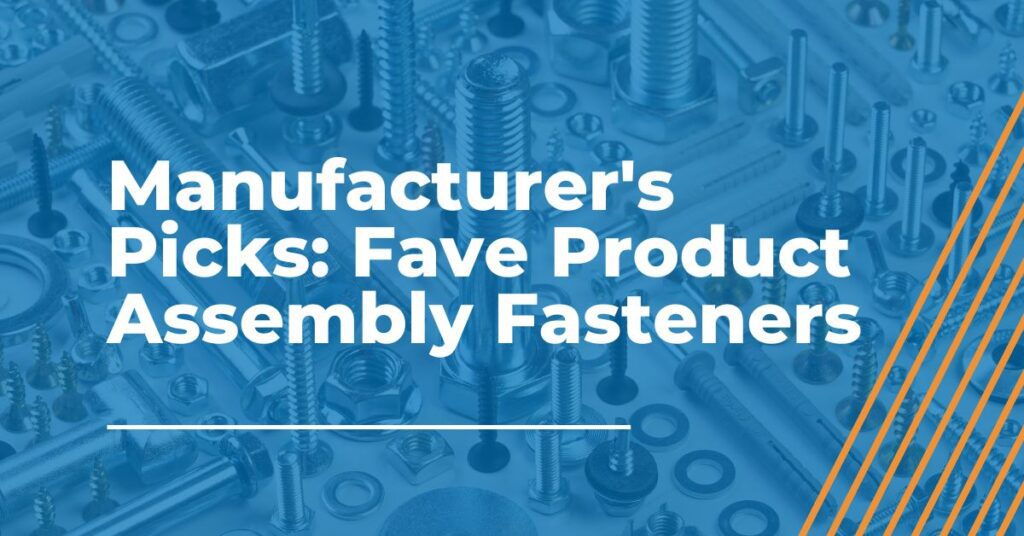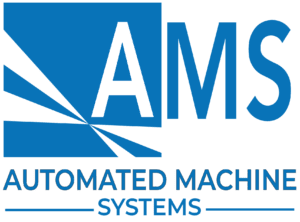
Manufacturers’ Favorite Fasteners for Assembling Products
When it comes to fastening methods, manufacturers have a variety to choose from. So, it can be difficult to know where to start the selection process. After all, there are so many factors to consider, from drive types to torques, from mating materials to thread engagement tolerances. Where should you even start in selecting fasteners for assembly products? How about with some case studies published recently by Assembly eMagazine. Here is a rundown.
1. Titanium Screws
These screws are strong, lightweight and highly resistant to corrosion. They can withstand a large range of temperatures, are resistant to pressure and are sustainable and reusable. They can also be unscrewed and tightened multiple times. All this made them the perfect fastener for a fishing buoy company highlighted in the article.
2. Automated Drilling and Pinning
Fastening coiled-spring pins into hub-and-shaft assemblies involves several steps: Drilling the hole in the shaft, drilling the hole in the hub, aligning the holes and then hammering in the coil pin. With automation, this can be completed by one machine, increasing productivity while also ensuring more uniform production. Specialty pins can also be used to more permanently fasten the components. The article highlights one automotive supplier that decreased their drilling and pinning time by 16 seconds with automation.
3. Orbital Rivet Forming
You can’t talk about fastening options without including rivets. While impact riveting is a great solution for joining similar materials, the force needed to fasten an impact rivet can cause damage to dissimilar materials — cracks that could cause the part to fail prematurely. Orbital forming installs rivets using 80 percent less force than impact riveting, allowing one company to significantly reduce both production time and material scrap.
4. Steel Castle Nuts
Castle nuts are named for their unique crown-like protrusions at the top. They are used alongside a bolt and cotter pin so they can’t be loosened or tightened. One auto manufacturer started using carbon-steel castle nuts several years ago to enhance axle performance in its vehicles. Each nut is created to a precision size, 26-36 hardness with a 125 RMS microfinish.
Read the full details of these and other fastener case studies on AssemblyMag.com.
Feeling inspired? Contact us for pro-fastening system expertise or book a meeting to start discussing your automation needs.
